Understanding Subrogation in Logistics and Freight Forwarding: A Comprehensive Guide
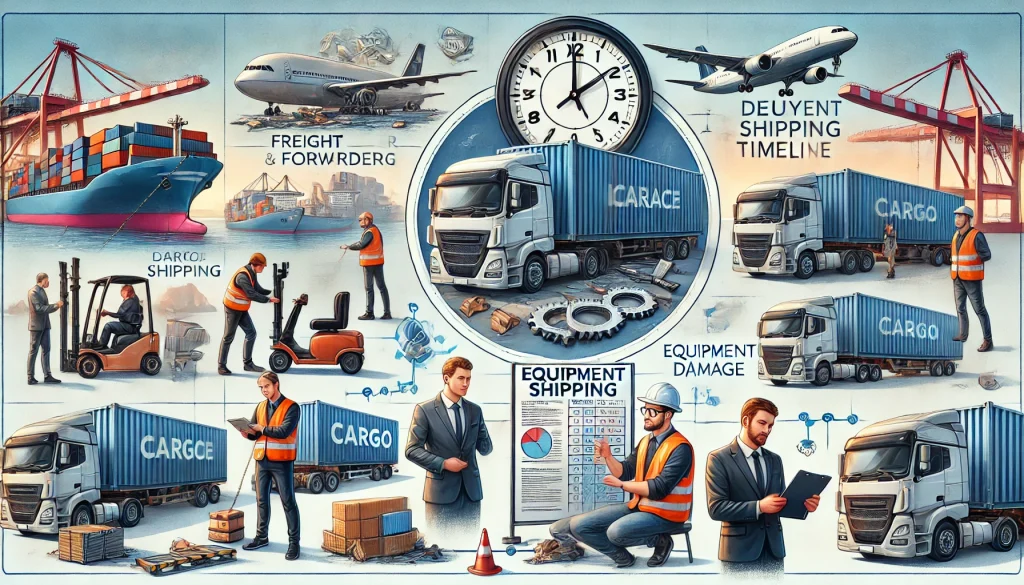
Introduction
This comprehensive guide will explore the ins and outs of subrogation in the context of logistics, its importance for freight forwarders, and how it impacts various aspects of the shipping and transportation industry.
What is Subrogation in Logistics?
Subrogation in logistics refers to the legal right of an insurance company to “step into the shoes” of the insured party (such as a freight forwarder or shipper) after paying out a claim, in order to recover the amount paid from the party responsible for the loss or damage. In simpler terms, it’s the process by which an insurer can seek reimbursement from a third party who caused the insured loss.
Key Points:
- Subrogation allows insurers to recover claim payouts from responsible parties
- It helps keep insurance premiums lower by reducing overall losses
- Subrogation is a critical concept in logistics due to the multiple parties involved in shipping
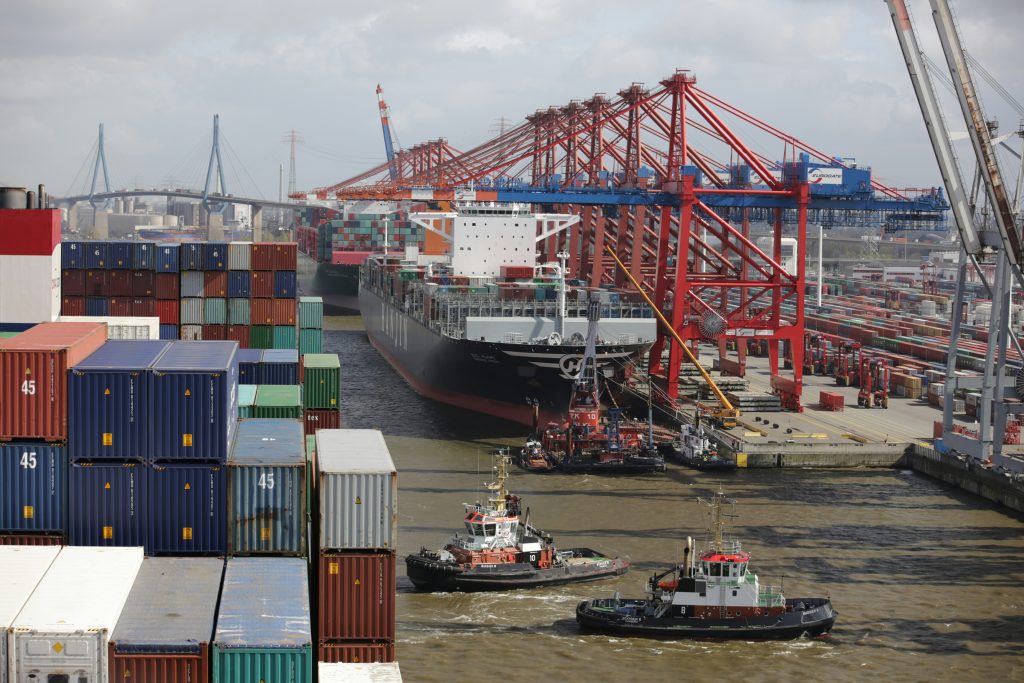
Types of Subrogation Relevant to Freight Forwarders
In the logistics industry, several types of subrogation are particularly relevant:
Occurs when cargo is damaged during transit Insurer may subrogate against carriers, warehouses, or other responsible parties
Applies to financial losses caused by significant delays May involve subrogation against carriers or other service providers
Relevant when a freight forwarder's liability insurance covers a claim Insurer may subrogate against other parties who contributed to the loss
Involves damage to containers, trailers, or other shipping equipment Subrogation may be pursued against parties responsible for the damage
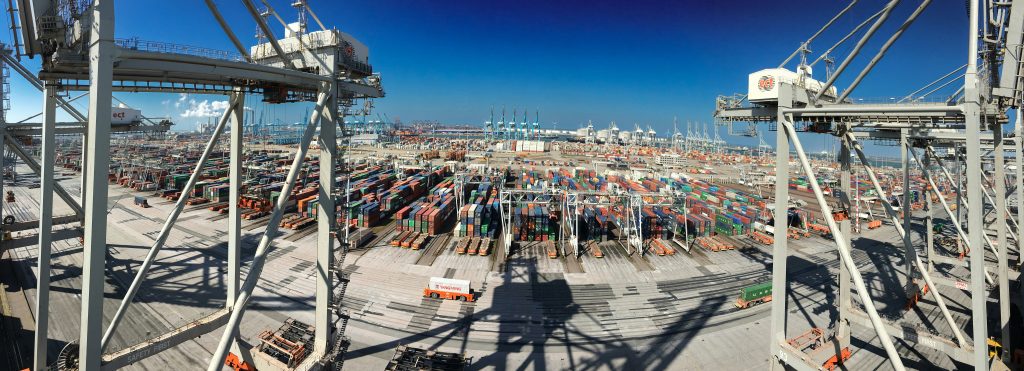
The Subrogation Process in Logistics Insurance Claims
Understanding the subrogation process is essential for freight forwarders. Here’s a step-by-step breakdown:
- Incident Occurs: A loss or damage event happens during the shipping process.
- Claim Filed: The insured (freight forwarder or shipper) files a claim with their insurance company.
- Claim Paid: The insurer investigates and pays out the claim to the insured.
- Investigation: The insurer investigates to determine if a third party is responsible for the loss.
- Subrogation Demand: If a responsible party is identified, the insurer issues a subrogation demand.
- Negotiation: The insurer negotiates with the responsible party or their insurer for reimbursement.
- Resolution: The subrogation claim is either settled, litigated, or dropped based on the circumstances.
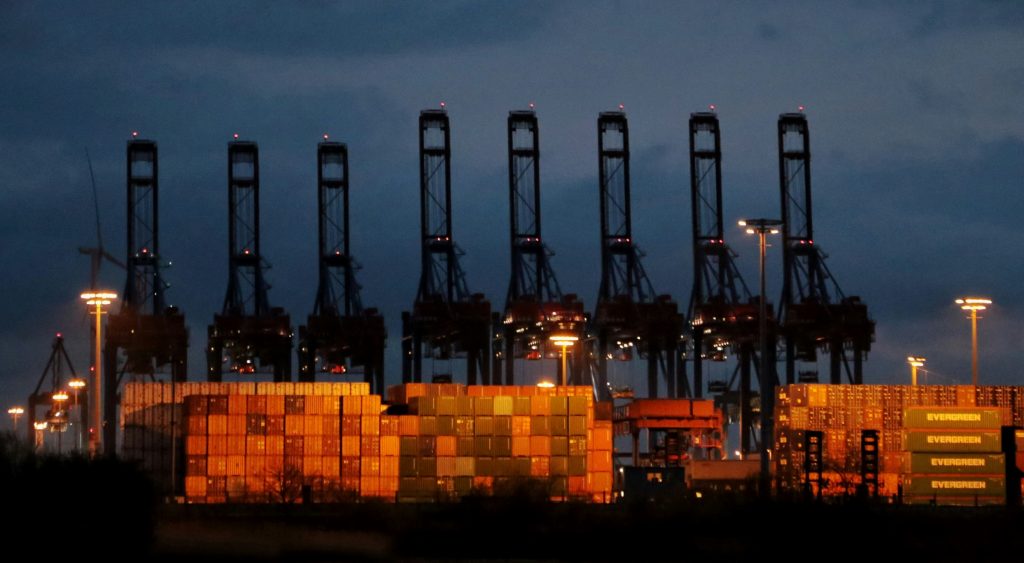
Parties Involved in Logistics Subrogation
Subrogation in logistics often involves multiple parties:
- Insurer: The insurance company that paid the initial claim and is seeking recovery.
- Insured: The freight forwarder or shipper who held the insurance policy and suffered the loss.
- Responsible Party: The entity deemed responsible for the loss (e.g., carrier, warehouse, third-party logistics provider).
- Other Insurers: Insurance companies representing the responsible parties.
- Legal Representatives: Attorneys who may become involved in complex subrogation cases.
Examples of Subrogation in Various Logistics Scenarios
To better understand how subrogation works in logistics, consider these examples:
Scenario 1: Cargo Damage During Ocean Transit
- A shipment of electronics is damaged due to improper container handling.
- The freight forwarder’s cargo insurance pays out the claim to the shipper.
- The insurer then subrogates against the ocean carrier responsible for the mishandling.
Scenario 2: Warehouse Fire
- Goods are destroyed in a warehouse fire caused by faulty wiring.
- The logistics provider’s property insurance covers the loss.
- The insurer subrogates against the warehouse owner or electrical contractor.
Scenario 3: Trucking Accident
- A truck carrying valuable cargo is involved in an accident due to driver negligence.
- The shipper’s cargo insurance covers the loss.
- The insurer subrogates against the trucking company or their insurance.
Importance of Subrogation for Freight Forwarders
Understanding subrogation is crucial for freight forwarders for several reasons:
- Risk Management: Helps in assessing and mitigating potential risks in logistics operations.
- Cost Control: Effective subrogation can lead to lower insurance premiums over time.
- Contract Negotiations: Knowledge of subrogation impacts contract terms with carriers and clients.
- Claims Handling: Improves the ability to handle and document claims effectively.
- Legal Protection: Helps freight forwarders understand their rights and obligations in claim situations.
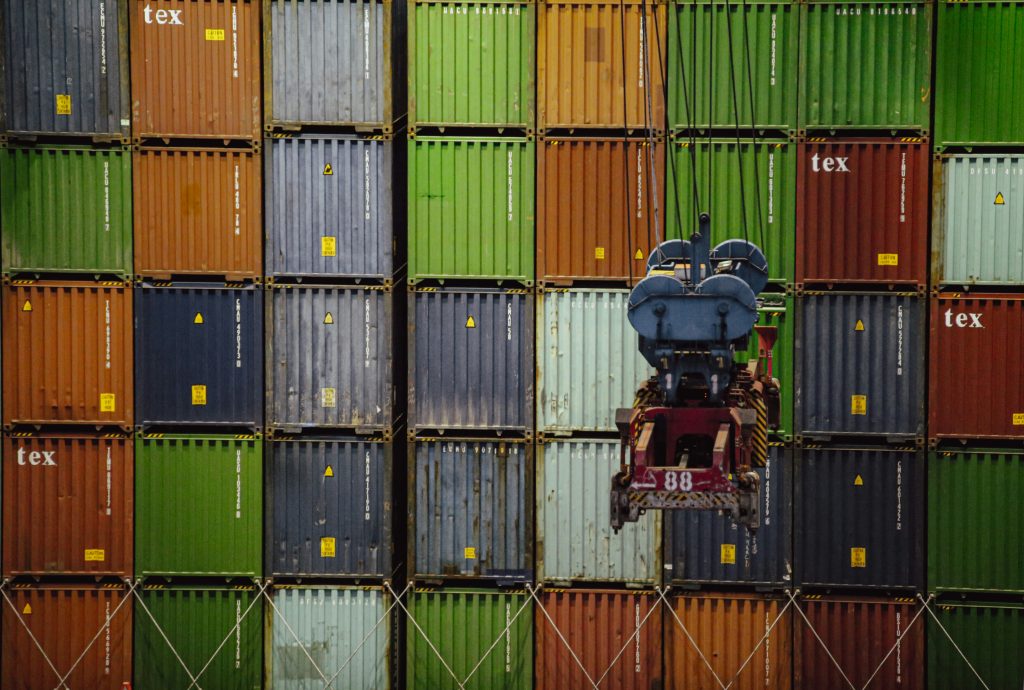
Best Practices for Freight Forwarders in Subrogation Matters
To effectively navigate subrogation in logistics, freight forwarders should:
- Maintain Detailed Records: Keep comprehensive documentation of all shipments and incidents.
- Understand Insurance Policies: Be familiar with subrogation clauses in insurance contracts.
- Act Quickly: Report incidents and file claims promptly to facilitate the subrogation process.
- Preserve Evidence: Secure and preserve any evidence related to losses or damages.
- Cooperate with Insurers: Provide full cooperation during investigations and subrogation proceedings.
- Review Contracts Carefully: Pay attention to subrogation waivers and liability limitations in contracts.
- Seek Legal Advice: Consult with legal experts on complex subrogation matters.
Challenges in Logistics Subrogation
While subrogation is a valuable tool, it comes with challenges in the logistics industry:
- Multiple Jurisdictions: International shipping involves various legal systems and regulations.
- Limited Liability: Carriers often have limited liability under international conventions.
- Complex Supply Chains: Identifying the responsible party can be difficult in complex logistics networks.
- Time Limitations: Strict time limits for filing subrogation claims in some jurisdictions.
- Cost of Pursuit: Sometimes the cost of pursuing subrogation outweighs the potential recovery.
Conclusion
Subrogation plays a vital role in the logistics and freight forwarding industry, helping to allocate risks and costs fairly among various parties involved in the shipping process. By understanding the principles of subrogation, freight forwarders can better protect their interests, manage risks, and navigate the complex world of logistics insurance more effectively.
As the logistics industry continues to evolve, staying informed about subrogation and its implications will be crucial for success in freight forwarding and international trade. By implementing best practices and working closely with insurers and legal experts, freight forwarders can turn their understanding of subrogation into a competitive advantage in the global marketplace.
